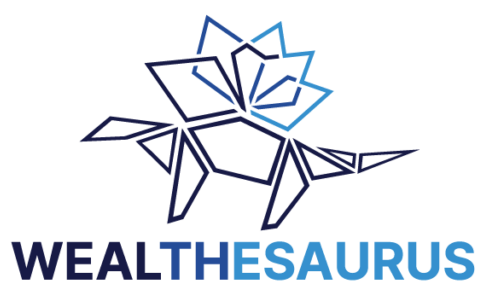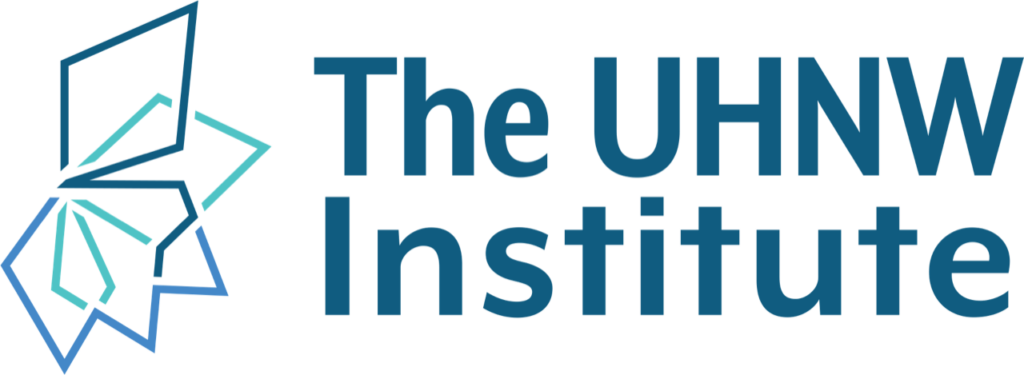The wide range of jointly owned or affiliated entities, assets, activities, and family members connected to a financially successful family-owned or -controlled enterprise. These include both the total financial capital of the family and the non-financial aspects related to family relationships, governance activities, philanthropic endeavors, and learning activities of the family.
The term “family enterprise” carries some degree of confusion in the industry, being defined differently by different groups. Its roots lie in the early days of development of the family business consulting field, which partly originated in business schools and therefore maintained an emphasis on a family’s having an operating company or family business. However, as the Family Firm Institute¹ has stated, “There is no one definition for family enterprise, but there are a few working definitions that have evolved over the years.”
The UHNW Institute advocates for the following explanation: A family enterprise is the sum total of assets, entities, activities, and family members that may include one or more individual businesses or operating companies (though this is not required), real estate, residences and vacation homes, private investable assets and collections, family foundations, and family offices. The enterprise is likely to include one or more trusts, private trust companies, decision-making structures (e.g., boards of directors, family councils, and shareholder boards), and decision-making processes (e.g., family constitutions, shareholder agreements). The family enterprise also comprises all family generations, branches, households, and individuals who are related in some way to the founders or owners of the original enterprise. It encompasses all components of the Ten Domains of Family Wealth model including the activities needed to serve the domains.
As indicated, some family enterprises may have never owned an operating company or family business, or the family may have sold, merged, transformed, or closed its original business, yet it still continues as a family enterprise. The enterprise includes ownership by an “enterprising family,” i.e., the family members who jointly own and oversee the family enterprise assets either directly or via trusts.
A common framework organizes the understanding of a family enterprise by various “capitals” of the family, using the acronym FISH: Financial Capital, Intellectual Capital, Social Capital, and Human Capital (Spiritual Capital is sometimes included as well). Intellectual, Social, Spiritual, and Human capitals are considered the nonfinancial capitals of the family enterprise.
See Also: Family business
Family Firm Institute. “Defining Family Enterprise.” Accessed August 12, 2024. my.ffi.org/page/definitions
Hughes, James E. Family Wealth – Keeping It in the Family: How Family Members and Their Advisers Preserve Human, Intellectual, and Financial Assets for Generations. 2nd Edition. Bloomberg Press, 2004
Hughes, James E., Keith Whitaker, and Susan Massenzio. Complete Family Wealth, 2nd edition. Bloomberg Press, 2022
PwC. “Shared Family Wealth Strategy.” Accessed August 12, 2024. pwc.com/us/en/services/audit-assurance/private-company-services/shared-family-wealth-strategy.html
The UHNW Institute. “Initiatives.” October 17, 2022. uhnwinstitute.org/initiatives

